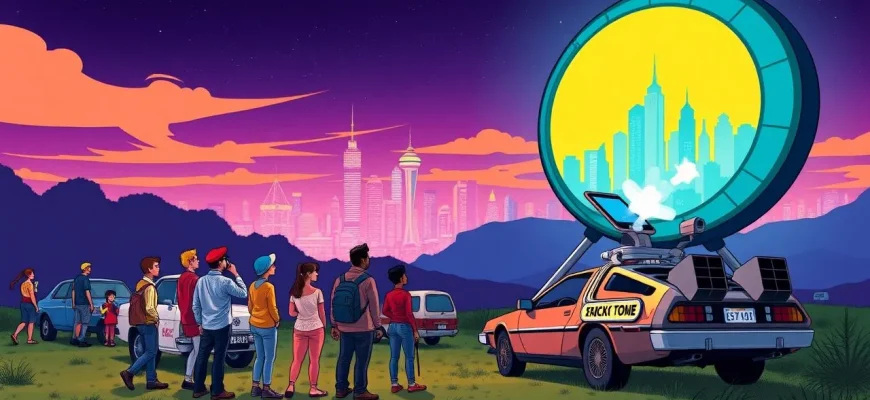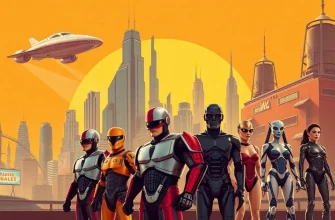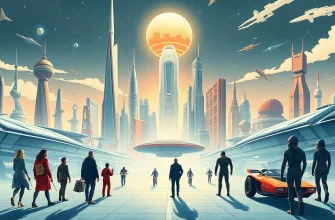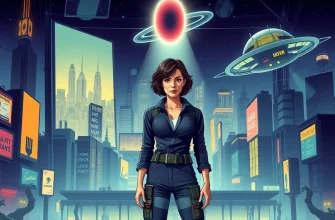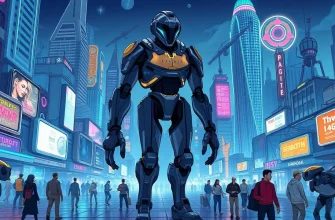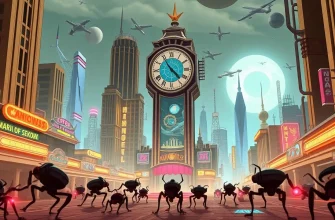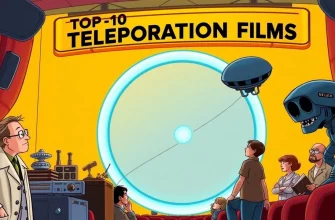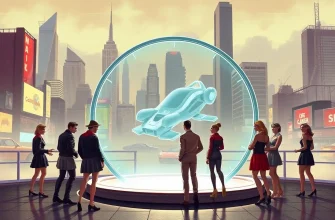Augmented reality (AR) has long been a fascinating concept in science fiction, offering a glimpse into how technology might one day seamlessly blend with our everyday lives. This curated list of 10 films not only showcases the potential of AR but also explores its implications, both thrilling and terrifying. From action-packed adventures to thought-provoking dramas, these films provide a rich tapestry of what AR could mean for our future. Whether you're a tech enthusiast or just love a good story, this collection will transport you to worlds where reality is just a layer away from something extraordinary.
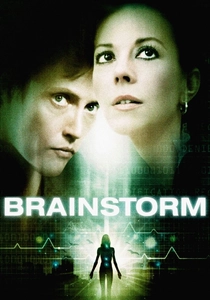
Brainstorm (1983)
Description: Scientists develop a machine that records and plays back human experiences, an early precursor to AR, exploring the ethical implications of such technology.
Fact: The film was one of the last projects of Natalie Wood, who died during production.
 Watch Now
Watch Now
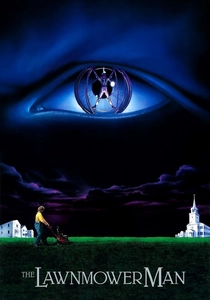
The Lawnmower Man (1992)
Description: This film features a mentally challenged man who becomes a genius through virtual reality experiments, with AR elements used to enhance his learning and abilities.
Fact: The film was loosely based on a Stephen King short story, though King later disowned the adaptation.
 Watch Now
Watch Now

eXistenZ (1999)
Description: David Cronenberg's film delves into a world where AR gaming blurs the lines between reality and virtuality, exploring themes of identity and control.
Fact: The film's title is a play on the word "existence," reflecting the theme of questioning reality.
 Watch Now
Watch Now

The Matrix (1999)
Description: While not strictly AR, the Matrix itself is a simulated reality where AR elements are used to control and manipulate the human mind, making it a foundational film for AR concepts.
Fact: The Wachowskis developed the concept of "bullet time" for this film, which has since become iconic in action cinema.
 Watch Now
Watch Now
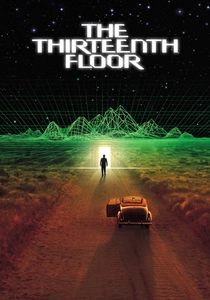
The Thirteenth Floor (1999)
Description: This film explores a virtual reality simulation where AR elements are used to create a world within a world, questioning the nature of reality itself.
Fact: It's based on the novel "Simulacron-3" by Daniel F. Galouye, which also inspired the German TV series "World on a Wire."
 Watch Now
Watch Now
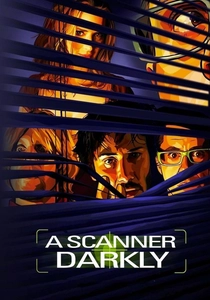
A Scanner Darkly (2006)
Description: Using rotoscoping, this film visually represents the AR-like effects of a futuristic drug that alters perception, creating a surreal experience for the viewer.
Fact: The film is based on Philip K. Dick's novel of the same name, known for its exploration of identity and reality.
 Watch Now
Watch Now
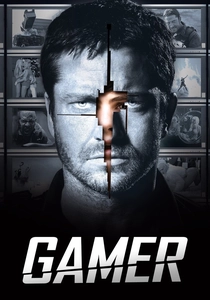
Gamer (2009)
Description: Here, AR is used to control real people in a game, showcasing a dark side of technology where human autonomy is at stake.
Fact: The film features a cameo by rapper Ludacris, who plays a hacker named Humanz.
 Watch Now
Watch Now
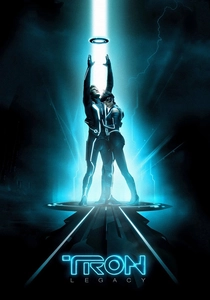
Tron: Legacy (2010)
Description: While primarily a virtual reality film, the sequel to "Tron" features AR elements in its depiction of the Grid, where programs and users interact in a digital environment.
Fact: Daft Punk composed the entire soundtrack for the film, which was critically acclaimed.
 Watch Now
Watch Now
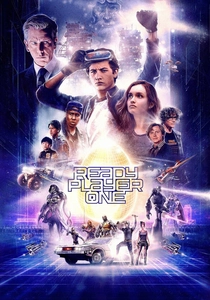
Ready Player One (2018)
Description: In a dystopian future, people escape their harsh realities by entering the OASIS, a virtual reality universe where AR plays a pivotal role in gameplay and interaction. This film perfectly encapsulates the allure and dangers of an AR-dominated world.
Fact: The film's director, Steven Spielberg, is known for his love of pop culture, which is reflected in the numerous Easter eggs hidden throughout the movie.
 Watch Now
Watch Now
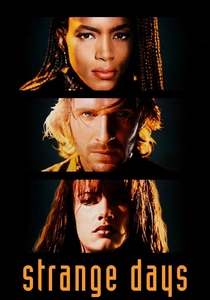
Strange Days (1995)
Description: This film explores a near-future where people can experience others' memories through a device called SQUID, which is essentially an early form of AR, allowing users to live through someone else's experiences.
Fact: Kathryn Bigelow, the director, was the first woman to win an Academy Award for Best Director for this film.
 30 Days Free
30 Days Free

